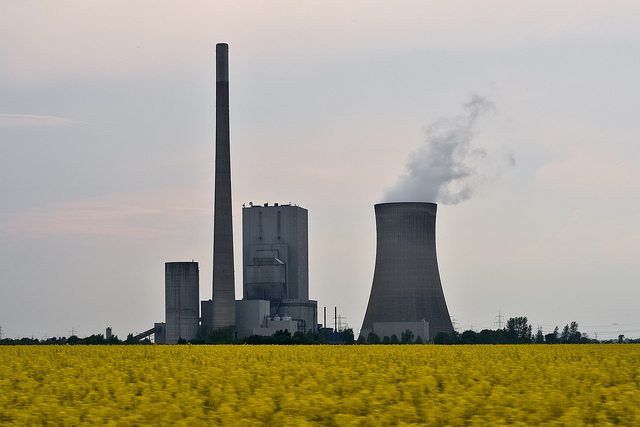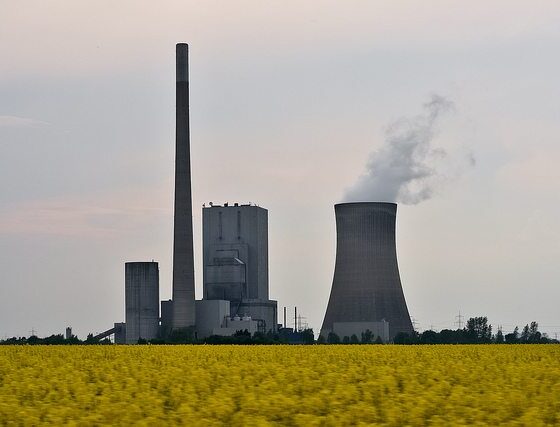

Economy
Bloomberg: economic risks of climate change ‘impossible to ignore’
A new report has warned that businesses and economies stand to lose billions if inaction on climate change continues. Despite the stark warning, it argues that the most severe risks can be avoided through early investment.
The Risky Business Project launched in 2013 and focuses on quantifying and publishing the economic risks from the impact of climate change. The new report looks at how the US will be affected at a local and national level.
Former New York City mayor and UN envoy for cities and climate change Michael Bloomberg, former US treasury secretary Henry Paulson and billionaire climate activist Tom Steyer are all co-chairs of the project. A host of other leaders also back the organisation.
Bloomberg said, “Damages from storms, flooding, and heat waves are already costing local economies billions of dollars – we saw that firsthand in New York City with Hurricane Sandy.
“With oceans rising and the climate changing the Risky Business report details the costs of inaction in ways that are easy to understand in dollar and cents – and impossible to ignore.”
The report highlights damage to costal property and infrastructure from rising sea levels and increased storm surge, climate-driven change in agricultural production and energy demand, and the impact of higher temperature on labour productivity and public health as the most economically significant risks.
In the US alone, the report estimated that up to $106 billion (£62 billion) of existing coastal property would be below sea level by 2050, rising to $507 billion (£298 billion) by the end of the century. It adds that there is a one in 20 chance that by 2100 that property worth more than $701 billion (£413 billion) will be below sea level, with more than $730 billion (£430 billion) of additional property at risk during high tide.
The effects of climate change will also be felt in the agriculture sector. Across US states in the Southeast, lower Great Plains and mid-west the research suggests that crop yields are likely to fall by 50-70% by 2100. This supports a separate study that suggests climate change could hit crop yields as soon as 2030.
Paulson added, “If we act immediately, we can still avoid most of the worst impact of climate change and significantly reduce the odds of catastrophic outcomes – but the investments we’re making today will determine our economic future.”
Steyer echoed these thoughts, stating that it would be “silly” to allow climate change risks to accumulate to the point where we can no longer manage them.
The study backs up the UN’s Intergovernmental Panel on Climate Change report, which argued global warming will effect a variety of areas, from food prices and the environment to national security and economic growth.
Photo: martin via Flick
Further reading:
Sustainable cities will ‘save live’ and improve economies, says Bloomberg
Former New York mayor Bloomberg given UN climate change role
US billionaire Tom Steyer launches new fund to help victims of climate change
Bloomberg: clean energy investment decline is ‘worrying’
US billionaire Tom Steyer to launch $100m campaign against climate deniers


 Environment12 months ago
Environment12 months agoAre Polymer Banknotes: an Eco-Friendly Trend or a Groundswell?

 Features11 months ago
Features11 months agoEco-Friendly Cryptocurrencies: Sustainable Investment Choices

 Features12 months ago
Features12 months agoEco-Friendly Crypto Traders Must Find the Right Exchange

 Energy11 months ago
Energy11 months agoThe Growing Role of Solar Panels in Ireland’s Energy Future






























